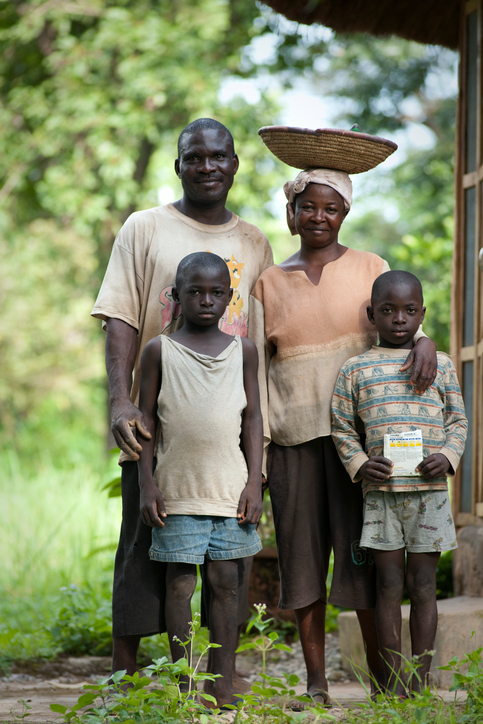Uniting religious leaders and government agencies, Pathfinder International has found a way to offer family planning strategies to communities in Nigeria and Senegal.
 According to Nigeria’s 2013 Demographic and Health Survey, one out of every 15 Nigerian children dies during the first year of life, while one in eight does not survive until his or her fifth birthday.
According to Nigeria’s 2013 Demographic and Health Survey, one out of every 15 Nigerian children dies during the first year of life, while one in eight does not survive until his or her fifth birthday.
These tragic numbers can be improved through family planning practices including birth spacing and the use of contraceptives. Increased understanding and proper use of these techniques allow parents to grow their families when the time is right. For many Nigerians and Senegalese, however, access to both information and planning technologies is limited.
“There are many men, women, and youth in Nigeria and Senegal who are unable to access high-quality and affordable contraceptive counseling and services,” says Sono Aibe, senior advisor for strategic initiatives at Pathfinder International. “Medical supplies and drugs are often out of stock, trained personnel are not sent where the needs are greatest, and people have to travel great distances to access the services.”
With the help of a $450,000 grant from the John Templeton Foundation, Pathfinder International built coalitions between national government bodies, local officials, and religious organizations in Nigeria and Senegal. In doing so, Pathfinder delivered family planning education and contraceptives to the communities that need these services most.
Mapping Communities
Aibe says that creating alliances between government agencies and community faith leaders, especially in traditional countries like Nigeria and Senegal, is a delicate process — and often the greatest hurdle Pathfinder faces. Pathfinder identifies influencers within each community, engages with faith leaders, and provides tools and training that help project — and prepare for — ways that community members might respond to various ideas.
This process helps Pathfinder navigate another formidable challenge: the constantly changing political landscape. According to Aibe and Pathfinder’s Nigerian representative, Dr. Farouk Jega, building coalitions requires consistency. In Nigeria and Senegal, however, government stakeholders rapidly change. Pathfinder depends on building trust across political boundaries so that the organization can carry on its work even when new political leadership emerges.
A United Front

Sono Aibe
Jega, who has served as an OB-GYN in some of the country’s largest health facilities, admits that when Pathfinder came to Nigeria in 1965, “the failings of the health system to address maternal mortality were glaring.”
Thanks to the efforts of Pathfinder and its partners to lead local, trusted coalitions, things have changed dramatically. According to the 2013 DHS study, infant mortality has declined by 26 percent over the last 15 years, while under-5 mortality has declined by 31 percent during the same period.
Despite the promising results, Nigeria’s infant mortality rate remains almost twice the global average. Jega believes that understanding the political and social landscape of the country will help allow continued growth of alliances leading to better education and care for community members.
“Advocacy does not happen in a vacuum, but requires strong systems and processes,” Jega says.